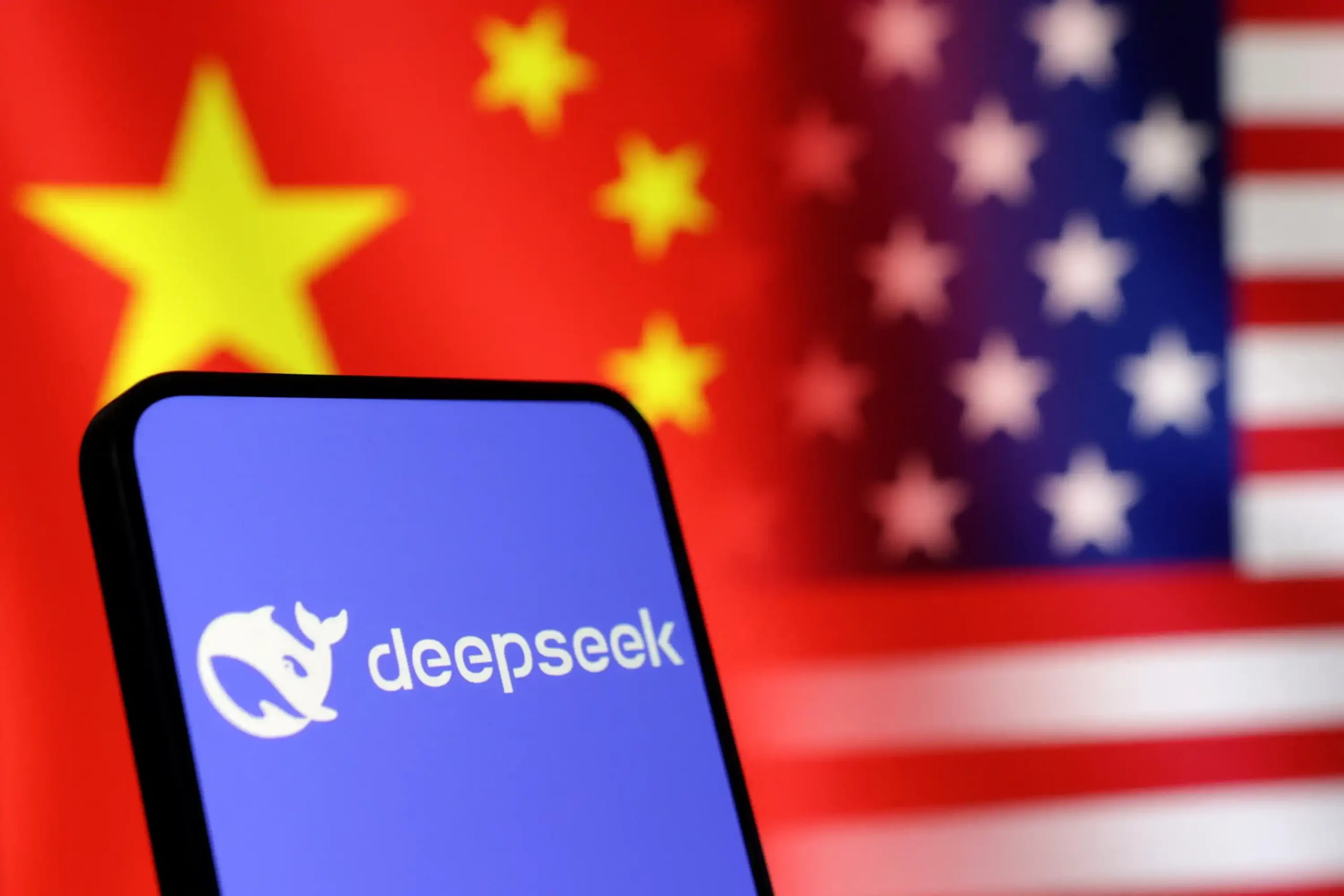Cerebral Valley: The Heart of the American AI Revolution
The Hayes Valley neighborhood in San Francisco, known as “Cerebral Valley,” has become the epicenter of the global artificial intelligence (AI) revolution in recent years. Here, the buzz of new ideas is omnipresent: startups are springing up like mushrooms after rain, their founders live in “hacker houses,” and evening meetups are abuzz with discussions on the latest AI models and developments. It seems as though the future of technology is being built right here.
But suddenly, this well-established world was shaken by an unexpected competitor: the Chinese startup DeepSeek introduced an AI model capable of rivaling the developments of giants like OpenAI and Anthropic—at a fraction of the cost. And this has sent shockwaves through Silicon Valley.
Crumbling Beliefs: China Changes the Rules of the Game
The American tech sector has long operated under certain assumptions. One of the most fundamental beliefs was that cutting-edge AI development requires billion-dollar investments, the most powerful Nvidia chips, and the brightest minds in Silicon Valley. However, DeepSeek has proven otherwise.
Among the long-standing myths that have now been debunked:
- Bigger AI models are always better – DeepSeek has shown that high efficiency and accuracy can be achieved without massive computational resources.
- Developing advanced AI solutions requires hundreds of millions of dollars – The Chinese startup managed with just $5.6 million, while its competitors are spending hundreds of billions.
- American companies are the undisputed leaders in AI – DeepSeek has swiftly taken the lead on a global scale.
Silicon Valley’s tech giants now find themselves in a situation where old approaches are no longer working, and China is rewriting the rules.
Colossal Spending: Are These Investments Justified?
In light of DeepSeek’s breakthrough, American corporations are being forced to rethink their strategies. OpenAI, Oracle, and SoftBank recently announced the “Stargate” project with a budget of $500 billion—a colossal sum dedicated to AI infrastructure. Meta, meanwhile, is investing $65 billion in AI development this year alone, including the construction of a new data center that, according to Mark Zuckerberg, “would cover several blocks of Manhattan.”
But now investors are beginning to ask: was it really necessary to spend such astronomical sums when a Chinese startup managed to build a competitive model for just a few million? One analyst even sarcastically remarked,
“Maybe it would have been cheaper just to rent a garage in San Francisco.”
Startups Are Already Switching to DeepSeek: A New Reality
Amid this revolution, many American startups have already begun migrating from costly models like OpenAI and Anthropic to DeepSeek. The founder of a fintech company told The Wall Street Journal that testing showed comparable results but at just a quarter of the cost. This trend could transform the entire AI startup ecosystem.
Moreover, even major tech companies are now studying DeepSeek’s algorithms. At Meta, four “war rooms” have been set up, where top AI researchers are dissecting how the Chinese company achieved such efficiency. Microsoft, on the other hand, is maintaining a façade of calm, but the fact that CEO Satya Nadella posted a comment about the situation late on a Sunday night speaks volumes.
Venture Capitalists Are Thrilled: A New “Sputnik Moment”
While major corporations are worried, venture capital investors see this situation as a golden opportunity. Marc Andreessen, one of Silicon Valley’s top investors, called DeepSeek’s success “a Sputnik moment”, comparing it to the Soviet Union’s launch of the first satellite in 1957, which triggered a major response from the U.S. space program.
Other investors share this enthusiasm, believing that smaller companies can now compete with tech giants thanks to AI efficiency breakthroughs. As Philipp Stauffer of Fyrfly Venture Partners put it,
“This is exactly what artificial intelligence promises—making cutting-edge technology accessible to everyone.”
Who Will Win the AI Race?
DeepSeek’s breakthrough has become a turning point in the race for AI dominance. If Silicon Valley once set the pace, the balance of power has now shifted. The success of the Chinese startup is not just a technological leap but a wake-up call for American tech firms to reassess their business models.
Now, the question is no longer who can spend more, but who can work more efficiently. Perhaps the future of AI is no longer being built in Silicon Valley garages—but in China’s research labs.

















